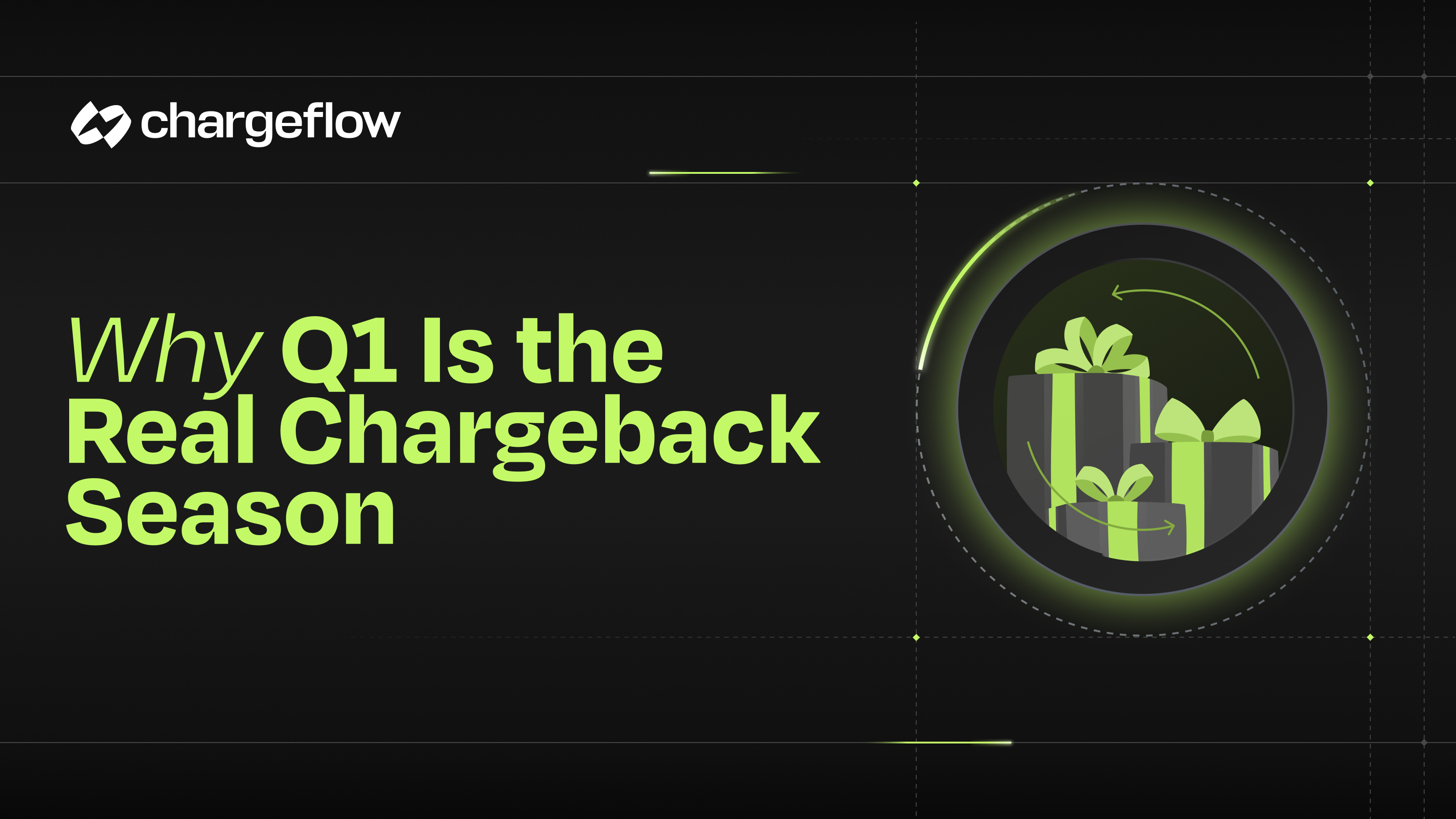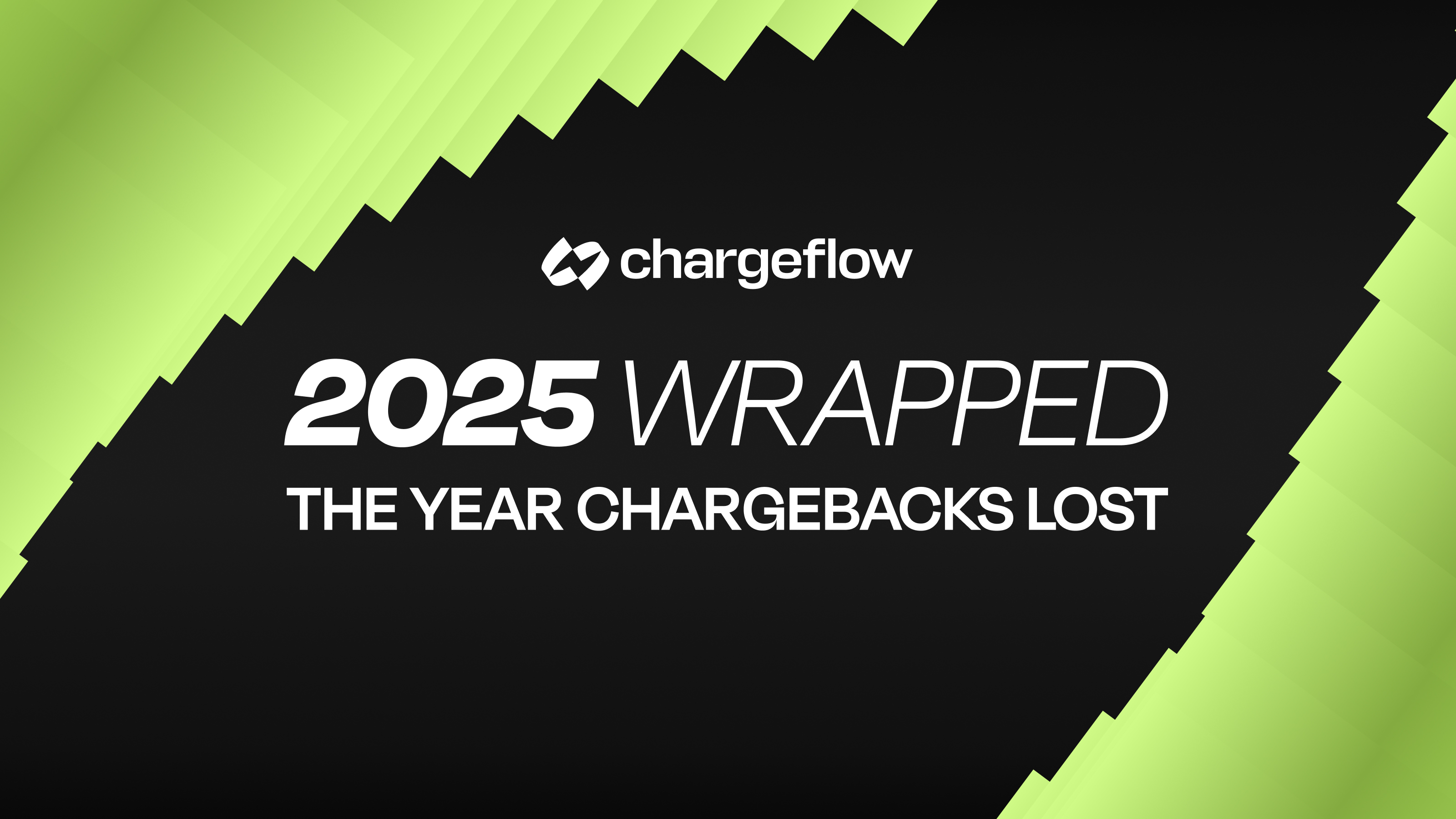What Merchants Need to Know About PayPal Invoice Chargebacks and How to Respond

Chargebacks?
No longer your problem.
Recover 4x more chargebacks and prevent up to 90% of incoming ones, powered by AI and a global network of 15,000 merchants.
Prevent PayPal invoice chargebacks with expert tips and best practices. Keep your business and customers secure. Learn more now!
As an e-commerce store owner, you know that PayPal is a widely used payment option. However, like other card issuers and payment services, PayPal has its own set of protocols associated with chargebacks.
Understanding how to handle these disputes is essential to protecting your business from lost revenue and customer complaints. In this blog post, we’ll discuss the basics of understanding PayPal Invoice Chargeback rules, explain what types are included in the program, and provide tips on how merchants can respond promptly if they receive one.
With this knowledge in hand, you'll be able to navigate any potential dispute more quickly so you can get back to focusing on growing your online store.
What is a PayPal Invoice Chargeback?
A PayPal Invoice Chargeback is a process initiated when a customer files a dispute with their card issuer or bank, claiming that they did not authorize the payment transaction or did not receive the goods or services they paid for.
It can impose a significant impact on merchants as it not only leads to the loss of revenue from the sale but might also entail chargeback fees and administrative burdens. Moreover, an excessive number of chargebacks may jeopardize a merchant's reputation and even prompt PayPal to terminate their account.
To maintain a strong standing in the online market, it is crucial that merchants remain proactive in educating themselves about chargeback prevention and implementing best practices to tackle such disputes effectively.
Reasons for PayPal Invoice chargebacks
Chargebacks on PayPal invoices can pose a significant challenge for businesses and can occur due to various reasons. The primary factor driving chargebacks is a fraudulent transaction, where a buyer disputes a payment made using a stolen credit card.
In other cases, the buyer may be unsatisfied with the products or services received, causing them to request a chargeback. Furthermore, technical issues such as duplicate charges, incorrect billing amounts, or processing errors can also lead to this problem.
It is essential for business owners to be diligent and proactive in addressing these potential issues, in order to minimize the risk of chargebacks and maintain a robust and secure payment system for all parties.
How to Respond to PayPal Invoice Chargebacks?
If a merchant receives a PayPal invoice chargeback, it's important to respond promptly and effectively. Here are the steps to take:
1. Understanding the Reason for the Chargeback
First, the merchant should review the reason for the chargeback. PayPal will provide a reason code, such as "item not received" or "item not as described." Understanding the reason for the chargeback will help the merchant address the issue effectively.
2. Collecting Evidence
Next, the merchant should gather evidence to dispute the chargeback. This could include proof of shipment, delivery confirmation, or evidence of the product's condition. The more evidence the merchant can provide, the stronger their case will be.
3. Preparing Response
Based on the evidence, the merchant should prepare a response to the chargeback. The response should be clear, and concise, and address the reason for the chargeback. It should also include any evidence that supports the merchant's position.
4. Submitting the Representment
The merchant should submit their response to PayPal as soon as possible. PayPal has a deadline for responding to chargebacks, so it's important to act quickly.
5. Communicating with the Customer
During this process, the merchant should also communicate with the customer to try and resolve the issue. If the customer is satisfied with the resolution, they may withdraw the chargeback. However, if the customer is not satisfied, the chargeback may proceed.
Preventing PayPal Invoice Chargebacks
While it's important to know how to respond to PayPal invoice chargebacks, it's even better to prevent them from happening in the first place. Here are some tips to help merchants prevent chargebacks:
A. Clear Communication
Merchants should communicate clearly with customers about their policies, procedures, and expectations. This could include providing detailed product descriptions, shipping information, and return policies.
B. Accurate Descriptions
Product descriptions should be accurate and provide all the necessary information about the product. This can help prevent misunderstandings and disputes over the condition or functionality of the product.
C. Proper Documentation
Merchants should keep proper documentation of all transactions, including order details, shipping information, and communication with customers. This can help resolve any disputes that may arise and provide evidence to dispute chargebacks if necessary.
D. Timely Delivery
Merchants should ensure that orders are shipped promptly and that customers are notified of any delays. Late or delayed shipments can lead to customer frustration and increase the likelihood of chargebacks.
E. Secure Payment Processing
Merchants should use secure payment processing methods to protect against fraud and unauthorized transactions. This could include using PayPal's Seller Protection program, requiring signature confirmation for high-value shipments, or using additional fraud detection services.
Final thoughts on PayPal Invoice Chargebacks
Navigating PayPal invoice chargebacks can be a challenging task for merchants. In order to protect their profits, they must not only understand what is a PayPal invoice chargeback, but also the reasons behind it, the way to respond, and methods of preventing any future losses due to them.
Merchants who have experienced an increase in these disputes should consider looking into third-party assistance as dispute prevention services can help merchants with finding the right strategies and procedures to manage these problems.
Chargeflow is one company that specializes in helping companies develop chargeback policies and processes that fit their specific needs – contact them today for more information about how you can protect your business from fraudulent chargeback activity.

Chargebacks?
No longer your problem.
Recover 4x more chargebacks and prevent up to 90% of incoming ones, powered by AI and a global network of 15,000 merchants.
















































.png)








